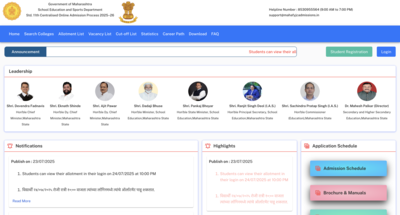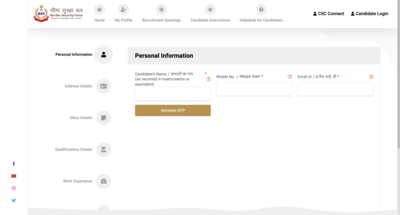Chungin Lee: Do you know why this 21-year-old Silicon Valley CEO was suspended by Columbia University?

In the fast-evolving world of AI and employability, few stories are as polarising or instructive as that of Chungin “Roy” Lee. Just over a year ago, the 21-year-old computer science student at Columbia University was suspended for building an AI tool deemed incompatible with academic integrity. Today, he is the co-founder and CEO of Cluely, a Silicon Valley startup that has raised $20.3 million in funding and sits at the centre of the ongoing debate around AI-enabled productivity and ethical boundaries.Cluely is a stealth-mode AI assistant that offers real-time, undetectable support across virtual environments including interviews, exams, meetings and more. The question it raises is critical: is this real innovation or engineered dishonesty?
The product that started it all
In early 2024, while still at Columbia, Lee launched Interview Coder, an AI tool designed to support candidates in real-time coding interviews. It read screen activity, picked up audio, and offered suggestions, all discreetly. The aim, according to Lee, was to help users navigate high-pressure interview formats that had failed to evolve in the age of generative AI.The product gained traction quickly, with over 10,000 users and nearly $47,000 in revenue within months. Lee even used his own tool to crack interviews at tech giants like Amazon, Meta, and TikTok, until he publicly demonstrated its use, prompting companies to rescind offers and Columbia to investigate.
From academic setback to entrepreneurial pivot
In April 2024, Columbia suspended Lee for a year for violating its Academic Integrity Policy. The disciplinary action might have ended another student’s ambitions, but for Lee, it marked a turning point. He moved to San Francisco, teamed up with fellow student Neel Shanmugam, and rebranded his tool as Cluely.Unlike its predecessor, Cluely was designed for broader use. It now supports not just job interviews but exams, meetings, sales pitches, and more, offering real-time, undetectable AI assistance across virtual interactions. The pivot marked Lee’s formal transition from a student innovator to a full-time founder operating in one of tech’s most scrutinised ethical grey zones.
Investors back the vision
By April 2025, Cluely had raised $5.3 million in seed funding. Just two months later, Andreessen Horowitz led a $15 million Series A round, signalling high-profile validation of Lee’s vision. For Lee, the funding rounds were not just financial milestones; they were affirmations of an idea that many still found difficult to digest.Lee has remained unapologetic about his approach. “Everyone uses AI now,” he told the Associated Press. “It doesn’t make sense to have systems that test people as if they don’t.” For him, Cluely is less about cheating and more about bridging the gap between outdated evaluations and real-world workflows.
The career dilemma Lee now embodies
Lee’s trajectory raises fundamental questions about the future of work and qualification. As AI becomes inseparable from daily productivity, where do we draw the line between assistance and unfair advantage? Employers, including tech giants like Google, are reportedly rethinking their hiring practices. Education systems are scrambling to revisit honour codes that now seem out of sync with how students learn and work.Lee’s career graph is marked by sharp pivots: from student to founder, from suspension to seed-stage CEO, from controversy to capital. Each decision has placed him at the intersection of innovation and disruption, and he is leaning into the tension.Whether Cluely emerges as a new standard for AI-native tools or gets regulated out of mainstream use, Lee’s story offers an early case study in what it means to build a career in an era where traditional rules are being rewritten by technology.TOI Education is on WhatsApp now. Follow us here.





